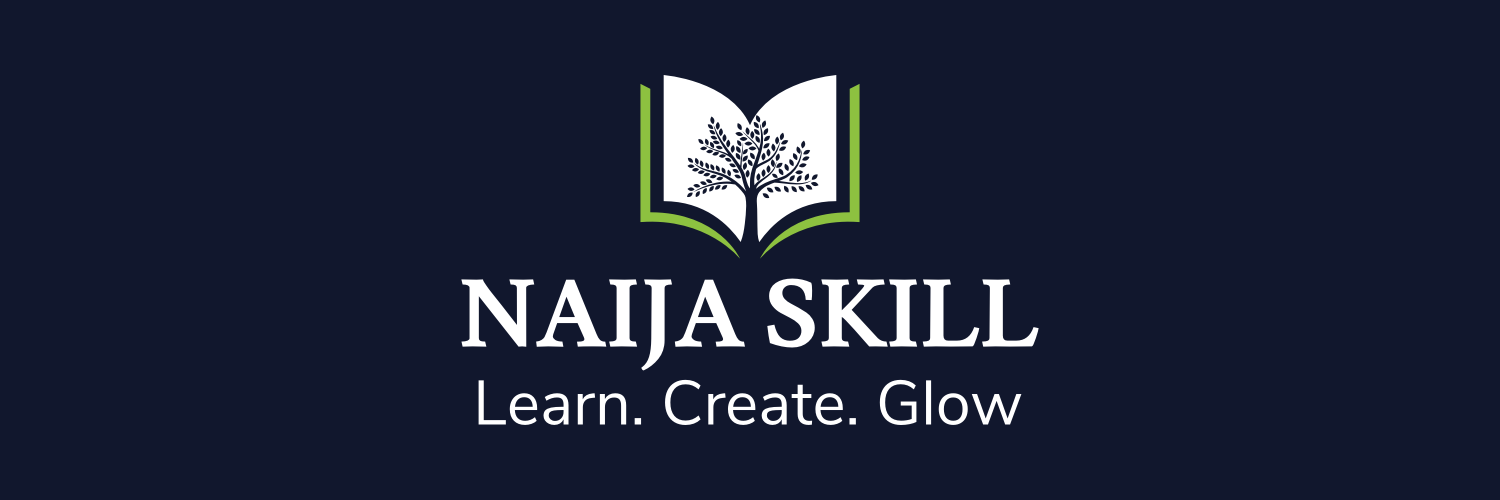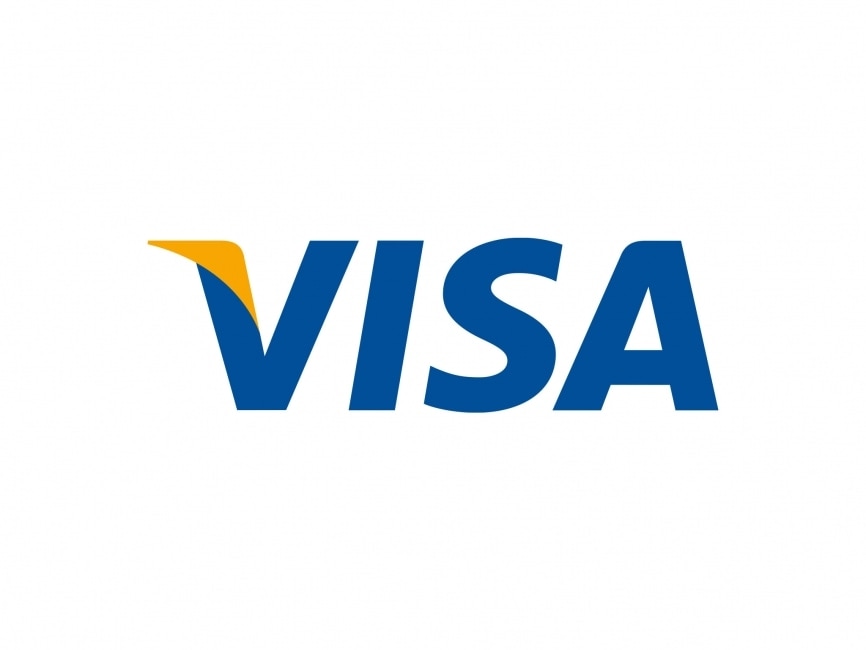Determining the "best" education policies across a diverse continent like Africa is complex and context-dependent. Different countries face unique challenges and prioritize different aspects of education, making direct comparisons tricky. However, several African nations stand out for their innovative and impactful education policies:
- 1. Mauritius: Recognized globally for its high-quality education system, Mauritius boasts near-universal primary enrollment, strong teacher training programs, and a focus on both academic and vocational skills. Their emphasis on early childhood education and multilingualism contributes to their success.
- 2. Rwanda: Post-genocide Rwanda prioritized education as a cornerstone of reconstruction, achieving significant progress in enrollment and learning outcomes. Their policy focuses on teacher quality, technology integration, and community engagement, demonstrating impressive strides in a short period.
- 3. Namibia: Namibia's education policy emphasizes equitable access, mother-tongue instruction in early grades, and curriculum relevance to local contexts. Their commitment to inclusive education and providing scholarships for disadvantaged students is noteworthy.
- 4. Kenya: Kenya's Free Primary Education policy significantly boosted enrollment, and their ongoing curriculum reforms prioritize critical thinking and problem-solving skills. Their use of technology for teacher training and learning resources shows promise for continued improvement.
- 5. Botswana: Botswana invests heavily in education, leading to high literacy rates and strong secondary school completion rates. Their commitment to teacher quality and curriculum development, along with decentralized school management, has contributed to their success.
- South Africa: Offers diverse and inclusive education while facing unique challenges. Implements affirmative action policies and focuses on improving quality in historically disadvantaged communities.
It's important to remember that these are just a few examples, and many other African countries are implementing innovative and effective education policies. Some promising trends across the continent include:
- Focus on equity and inclusion: Addressing disparities in access and quality based on gender, location, and socioeconomic status.
- Teacher training and development: Investing in skilled and motivated teachers is crucial for effective learning.
- Curriculum reform: Rethinking curriculum content and pedagogy to be relevant to 21st-century skills and local contexts.
- Technology integration: Utilizing technology to enhance learning, teacher training, and educational administration.
- Community engagement: Partnering with parents, communities, and local stakeholders for broader support and ownership of education.
It's important to note that each country's context and priorities differ, influencing their chosen policies and their effectiveness. Additionally, challenges like resource constraints, political instability, and cultural factors can impact implementation and outcomes.
To gain a deeper understanding, consider exploring resources like:
These resources provide comprehensive data and analysis of education policies and systems across African countries. Remember, there's no one-size-fits-all solution, and understanding the context and specific strengths of each country's approach is crucial for drawing meaningful comparisons.
I hope this information helps you learn more about education policies in Africa!
Tags:
#African Education
#African countries with best education
#Africa and Education









